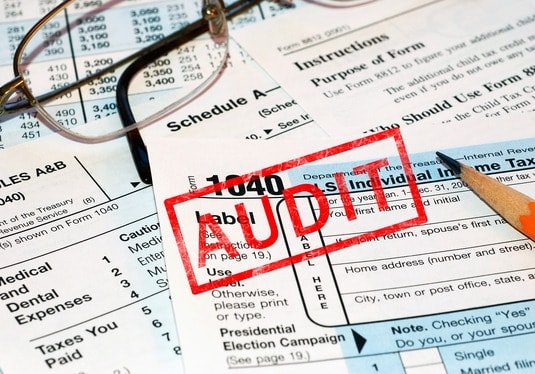Do you really need to worry about Income Tax audit? A simple guide to having a worry-free audit.
Be it a businessman, professional or individual, everyone has a fear of getting his book of accounts reviewed. Income Tax Act of 1961 has mandated the income tax audit process for all individuals as per Section 44AB.
First, it is very important to understand the purpose of this kind of review by law. It helps the government to check the fraudulent cases and avoid any kind of error. It should reflect the true income of the assessee for the assessment year.
To remove confusion, here we are discussing simple guidelines for a hassle free income tax audit. The most important thing is to maintain all the book of accounts ready and accurate. Following people must maintain their financial records for tax review –
- Any Businessman, if his gross earning in three preceding years exceeds Rs 1, 50,000.
- Any professional or individual, whose total yearly earning exceeds Rs 1, 50,000
Book of accounts and other documents to be maintained are as per rule 6F .It states that –
- Any individual carrying on medical, legal, architectural, accountancy, engineering, film artist etc has to maintain all the financial accounts.
- Book of accounts includes following
- Cash Book – Record of all the cash receipts.
- Ledger – A consolidated accounts detail book.
- Journal – A log of daily transactions. etc
Failure to maintain any of the above-mentioned records can levy a penalty of Rs25, 000.
Another important thing is to get the report of tax audit by Chartered Accountant in the correct format. Section 44AB prescribes the audit report format – Form No. 3CB and Form No. 3CD.
Form No. 3CA and Form No. 3CD is for cooperative societies or companies which are required to get their financial books reviewed by the respective laws.
Any individual covered under Section 44AB must get his financial records inspected on or before the due date. Due date for the audit has been extended from 30th September 2016 to 17th October 2016.
Chartered Accountants file the audit report electronically to the Income Tax Department. Once the report I s filed, tax payer should check and approve the report via his efiling account to Income tax Department.
In case of failure to get the financial records inspection in respect to any year or years, penalty is levied as per section 271B.According to section 271B, assessing officer can impose a penalty, either of the lesser –
- Half of the total sales or gross receipts for those years
- A sum of Rs 1, 50,000.
One CA can audit as many as 45 to cases in a financial year. So, keep all the above mentioned points in mind .Be ready with all the documents specified in Rule 6F. Check for all the original receipts and other proves ready in advance . Go for hassle free income tax audit this time with experts.


